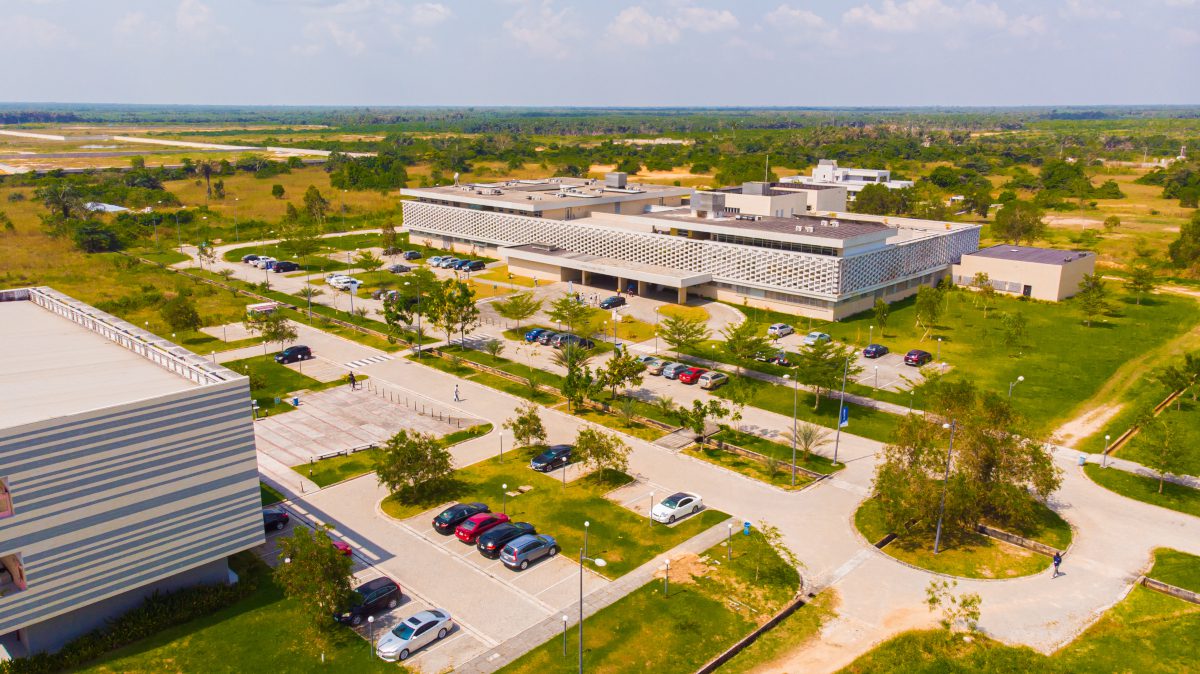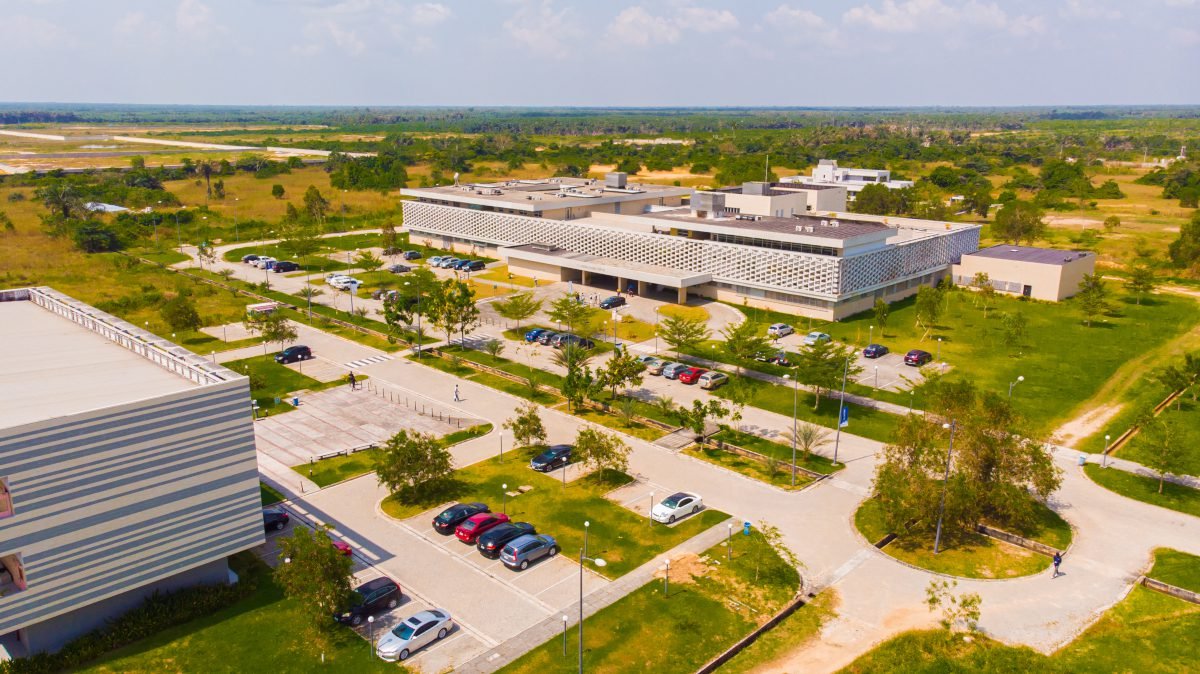
A pilot project at Pan-Atlantic University (PAU) in Lagos, Nigeria, aims to replace polluting diesel generators with next-generation thermal energy storage powered by solar.
Launched by UK-based clean tech developer Aed Energy, the initiative is part of the ZE-Gen international innovation programme, supported by Innovate UK, and is one of six demonstrator projects focused on displacing fossil fuel use in critical sectors such as education, healthcare, and manufacturing across weak-grid regions.
The pilot combines rooftop solar panels with Aed Energy’s proprietary modular thermal battery, which stores renewable electricity as high-temperature heat using energy-dense composite bricks. The system delivers dispatchable electricity or industrial-grade heat for up to 24 hours, without relying on lithium batteries, combustion, or vulnerable supply chains.
PAU’s main campus currently consumes around 6,570 MWh of electricity annually, much of it generated from diesel. That translates to roughly 1.8 million litres of diesel per year—nearly three-quarters of an Olympic swimming pool in fossil fuel use. Aed Energy’s solution is expected to drastically cut emissions while proving that clean baseload power is viable even in regions with unreliable grids.
The project is “a first step toward proving that affordable, clean baseload energy can be delivered reliably—even in regions still heavily dependent on fossil fuel generators,” said Rayan Kassis, CEO of Aed Energy. “It moves our technology out of the lab and into the field, showing what’s possible when innovation is paired with local partnerships and real-world demand.”
The system’s silent operation is a significant upgrade for institutions previously reliant on noisy diesel generators. “As the very first deployment of this kind in Nigeria, and West Africa, we are confident that soon we will be able to say, ‘we did it!’” said Dr. Peter Bamkole, Deputy Vice-Chancellor of PAU. “This positions us firmly with the continent and the rest of the world in the pursuit of a sustainable future.”
Backed by ZE-Gen partners Innovate UK, Carbon Trust, and others, the demonstrator is also said to be driving economic impact, creating jobs in both the UK and Nigeria. Aed Energy has added three new UK positions, with plans to grow to 150 global roles by 2030, and expects to generate 10–15 local jobs during installation and commissioning in Nigeria.
The project was developed in partnership with PAU and local integrator FaithLink. It seems a marker of progress for Aed Energy as it shifts from development to commercial readiness.
The group said it is engaging with stakeholders across Europe, North America, the Middle East, and Sub-Saharan Africa to scale its solution. With global demand for energy storage and microgrid solutions estimated at £68 billion, the project spotlights the UK’s role in net-zero innovation and its potential contribution to offering scalable, export-ready solutions for critical energy challenges worldwide.
Lily Beadle, ZE-Gen lead at the Carbon Trust said: “Collaboration, partnerships and localisation are at the heart of ZE-Gen and we’re looking forward to supporting these exciting Demonstrator projects come to life in communities.”

